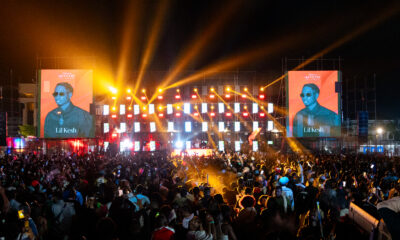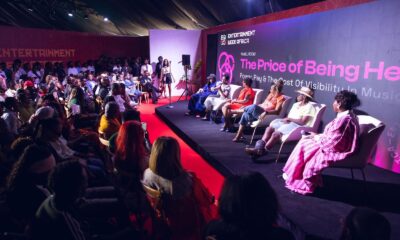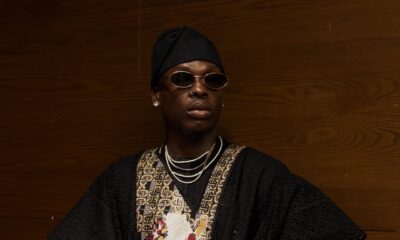Features
The Influence of Adedotun Adekanmbi in Nigerian Music
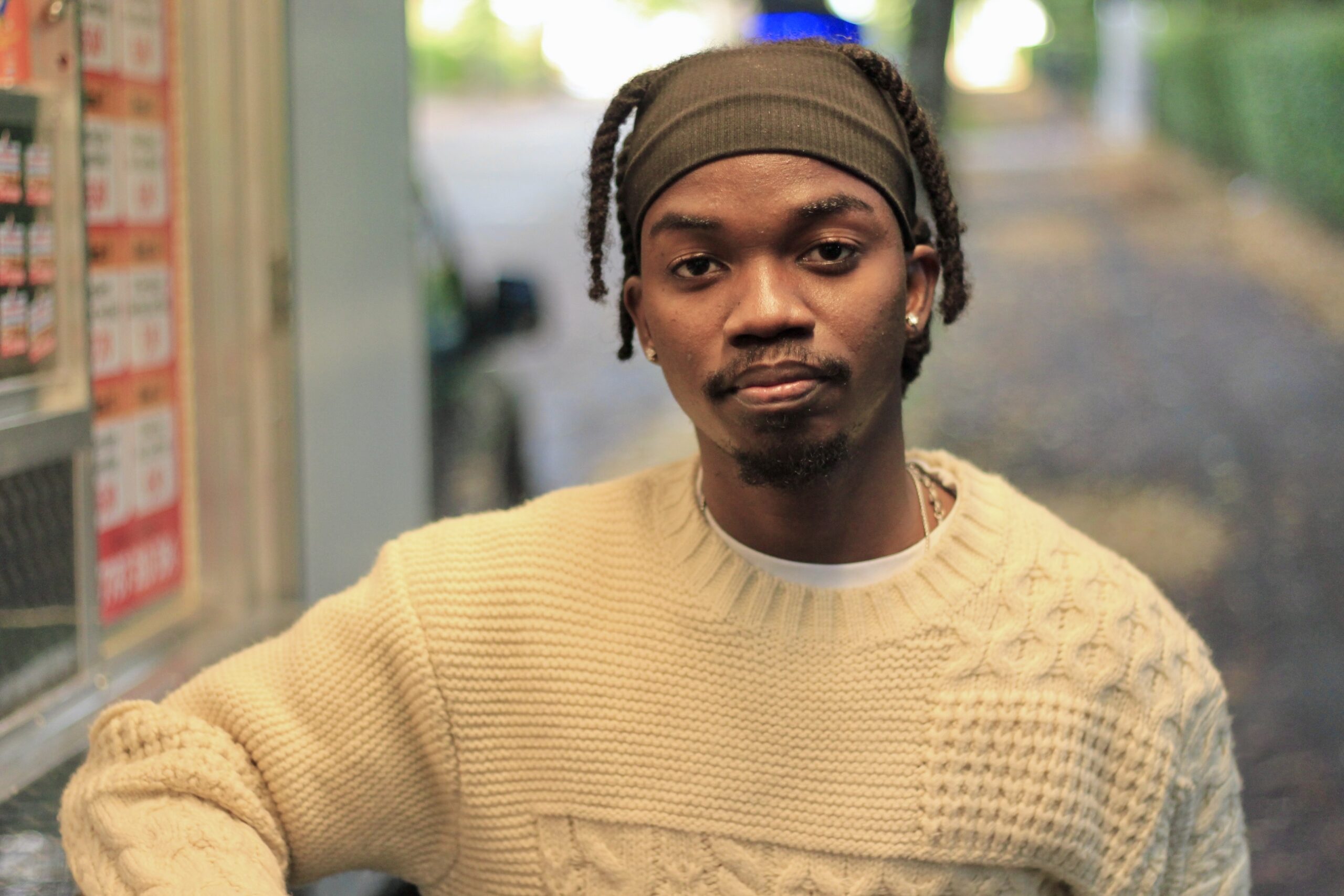
In every industry, there are people who silently shape the culture but are not necessarily in the headlines. They are often referred to as silent shapers due to the foundational work that they do behind the scenes. One of them is Adedotun Adekanmbi, who has been working in the entertainment industry for the past decade, giving platforms to emerging artists who are now established, and building inclusive platforms for every African artist of different genres.
Adedotun Adekanmbi is a music and marketing professional dedicated to amplifying African voices across the world. He is the co-founder of LemonVinyl, a platform spotlighting emerging diaspora creatives. Adedotun has, in recent times, built a reputation for merging cultural identity with innovative community building. Adekanmbi’s experience spans music marketing, digital strategy, and event production, with past work at Trace, where he helped shape Afro-urban narratives on a global stage. Through LemonVinyl and his broader work, he continues to platform artists whose stories reflect both their roots and the realities of life in the diaspora, positioning them for visibility at home and abroad.
In this interview, Adedotun talks to me about his formative years and the background journey of everything that he is today.
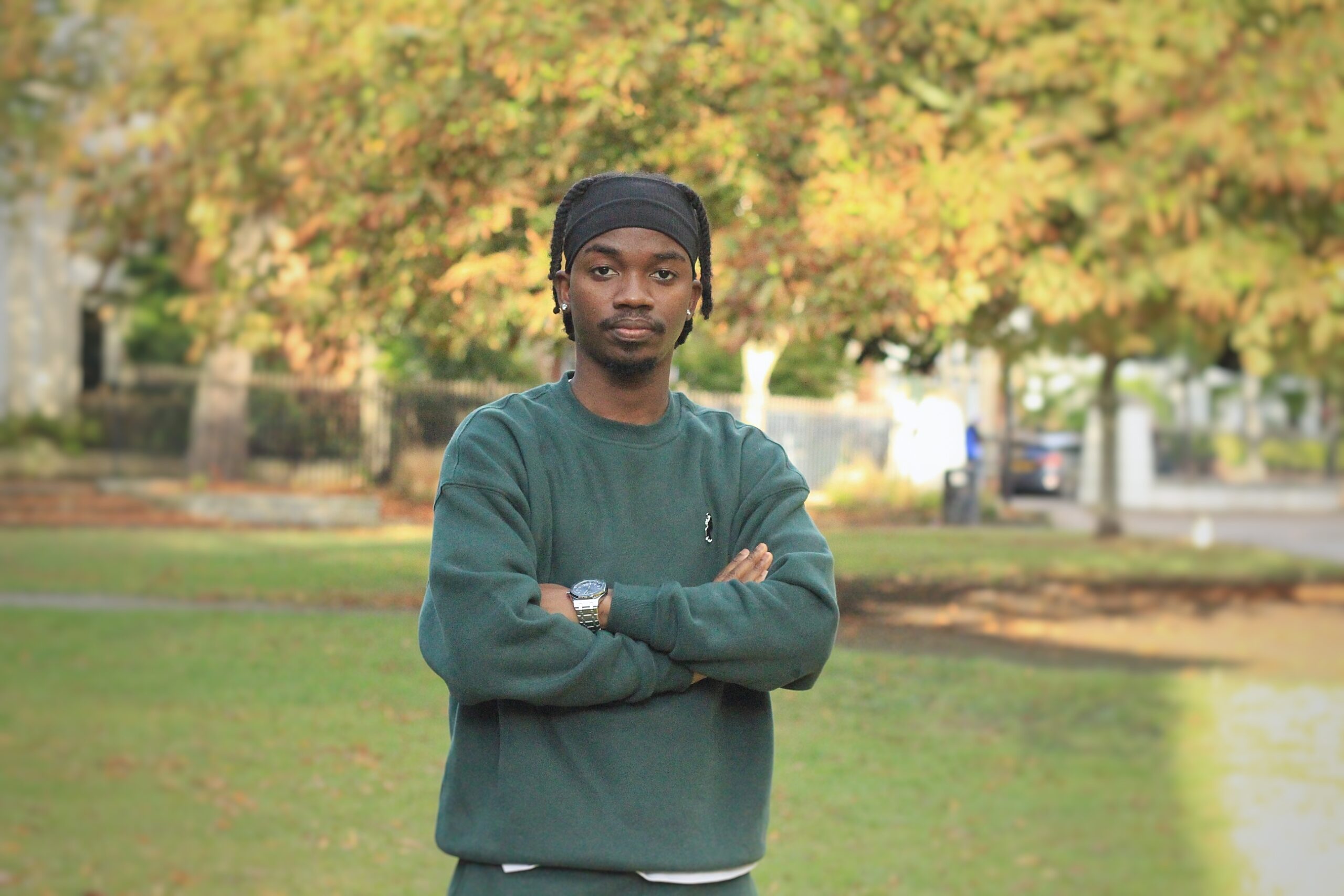
Tell me about your background, and a part of that that shaped what you do today
I’m from a very conventional, traditional background. My parents were very big on education and getting it early. I got into secondary school really early, and when I got into Babcock University, I was about 14 or 15 years old. Despite being young, I was also very creative and had a bubbly energy around me. Being the last child with four siblings, I had a very close-knit family.
But I wouldn’t say I grew up in a very Nigerian household because I had mixes of cousins who stayed in the U.S and came around. My dad, as well, studied in Philadelphia. So I had influences from outside Nigeria that gave me a wider perspective of life. This modelled how I think in a certain type of way. My current work involves building an identity for African artists abroad and providing them with a connection back home. My experience growing up around people who have experienced the outside of Nigeria kind of shaped what I do today.
You gained admission into Babcock University at 14. To many, that might be a very young age to be in a higher institution. How was your experience over there?
The turning point for me, career-wise, was at Babcock University. My dad wanted me to study Law, but I always knew that was not my thing. Because when I was young, I was in drama and instruments classes. So I knew that Law was just to fulfil all righteousness because my dad wanted us to have them type of professional careers. But I pursued it, and in 100 level, I gained so much popularity because I attracted people to my personality.
In that 100 level, I contested for a post and won. Like, it’s never been done before. That gave me the courage and charisma to leverage. In 200 level, I got an internship at Red Media Africa through a cousin. I’d done some research on some entrepreneurs who studied law and still pursued their passion. I got in as a communications intern, and I was working mostly on clients like Timi Dakolo and the like.
That kind of set the ball rolling for me to work within the [entertainment] industry.
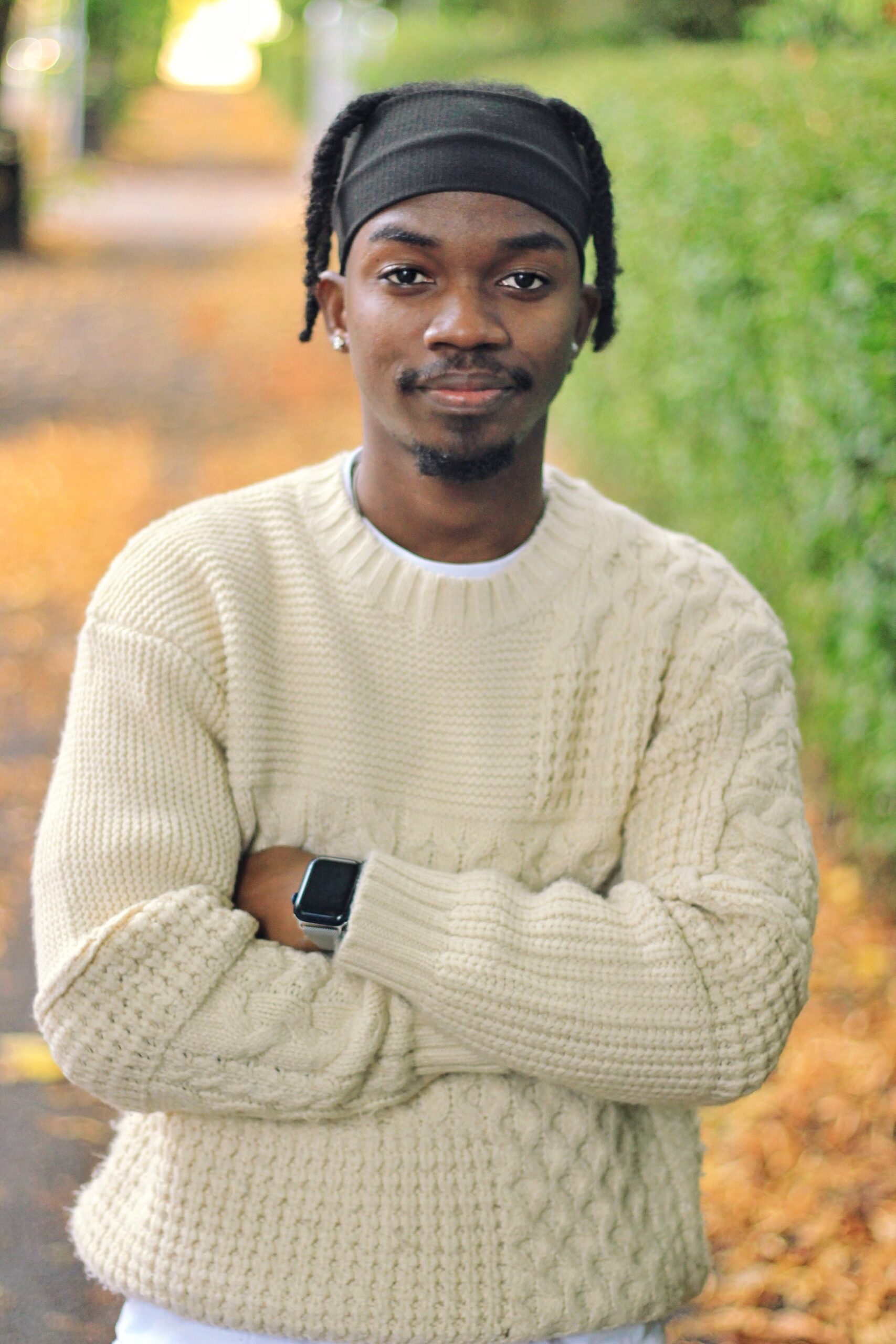
That’s really impressive. I know you joined Trace in 2017, but considering your experience working at Red Media and your personality, what were you doing before joining Trace Africa?
I always say that I count myself really lucky to meet people. I would say one of the greatest gifts that God has given me is having those interpersonal skills to be able to relate with everybody and maintain that connection.
Joining Trace was like “opportunity comes, you don’t know what it is, you just take it.” I joined Trace Africa by, I would say, accident. When I finished university in 2016, I was posted to Jigawa for NYSC. Never been there, never done that. But with the interpersonal and social skills that I had, I wasn’t shuddered.
After the three weeks of the NYSC camp, I was meant to redeploy. But in camp, for my platoon, I was the social director. I coordinated a lot of music and drama contests. So the guys from the Ministry of Arts, Culture and Tourism in Jigawa State really liked what I had done and wanted me to stay in the state. But I grew up in Lagos, and being the north was a different experience for me.
I told them I’d go to Lagos and come back to see if I can continue. When I got back to Lagos, a guy I knew at Babcock just texted me out of nowhere. He was like, “There was this opening from this company. They are looking for a PR and Social Manager.” He didn’t tell me what the company was, but I sent him my CV. He knew how much I had done when I was in school.
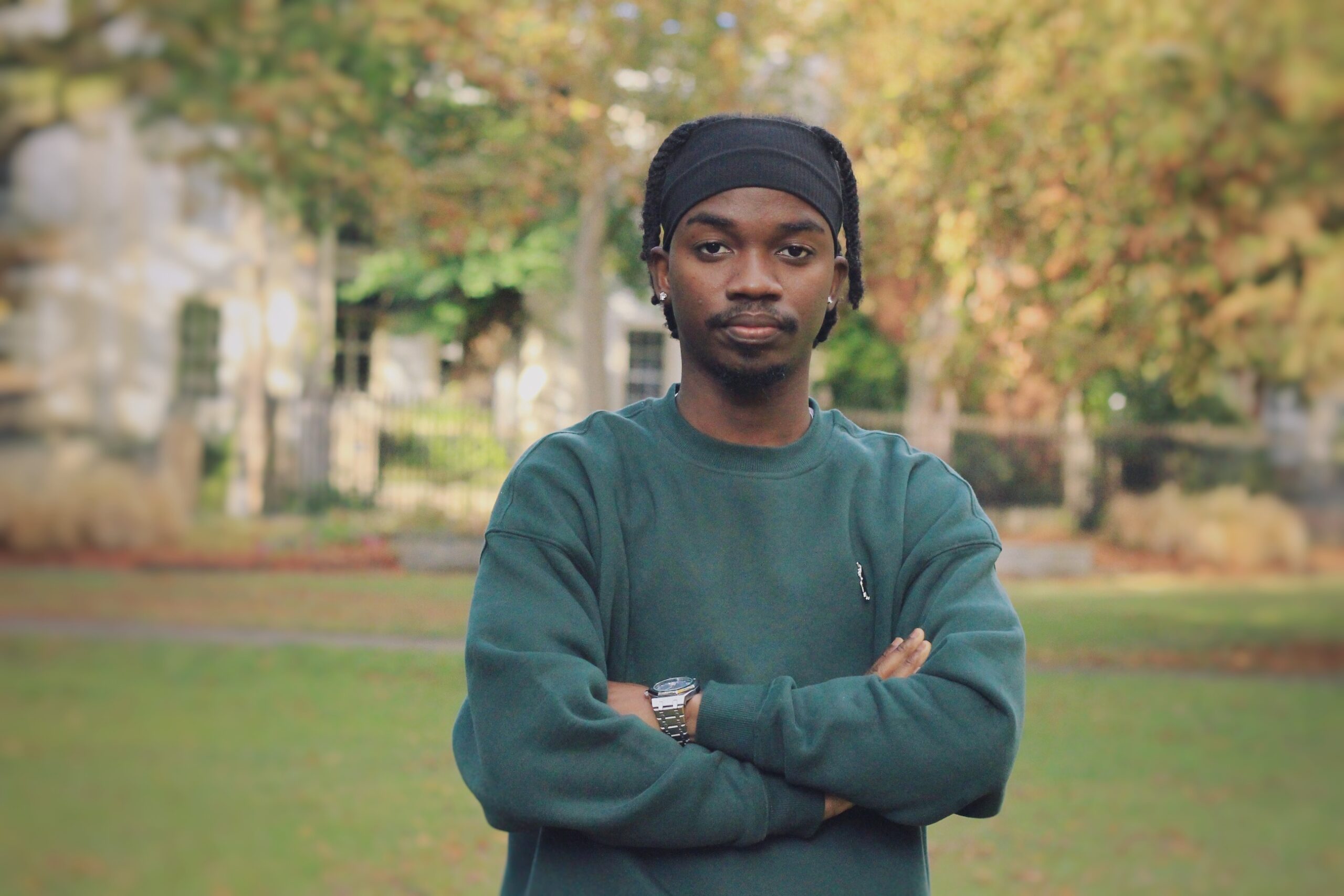
I got called for the interview a week before I had to return to Jigawa. I went for the interview at Makoko. I was thinking, what company’s office would be in Makoko? When I got there, it was Trace. The office was in an estate. I had an interview with Lanre Marsa, who would be my line manager. The interview was very informal, just a chat. He said he’d seen my CV and what I can do.
I think the first question he asked me was, Tell me about yourself. I said, My name is Dotun, and I’m a very funny and relatable person. I think that was the knack for him. The interview lasted for about 30 minutes, and I knew that I had done well in the chat interview.
I was waiting in my auntie’s car, which I drove there and decided to call my friend, Olufemi Oguntamu. We worked together at Red Media, and he’s been my big brother, mentor, sort of thing. I called to inform him about the interview, and while I was still in the car, I heard a knock on the window. I rolled down, and it was Lanre Masha again. He asked if I was okay, and then off the bat, he told me, “Congratulations, you got the job.”
That was really the moment where I knew that stars were about to align for me. He told me they’d like to have me on board, and I can start preparing my onboarding process in two weeks. As soon as he left, I called the guys in Jigawa straight. I was like, yo, I’m off, I’m not coming back.
Looks like you did a lot at Babcock to get the click so quick
See, when I was in Babcock, at freshers’ nights, we brought the likes of Seyi Shay, Lil Kesh, and some big artists right now. So the guys knew that I was doing entertainment. I also had a magazine, which I partnered with a few people, and the first cover act of my magazine was Reekado Banks. These experiences and working at Red Media, YNaija helped me build some sort of relationship with artists who were growing at that time, like Korede Bello and others.
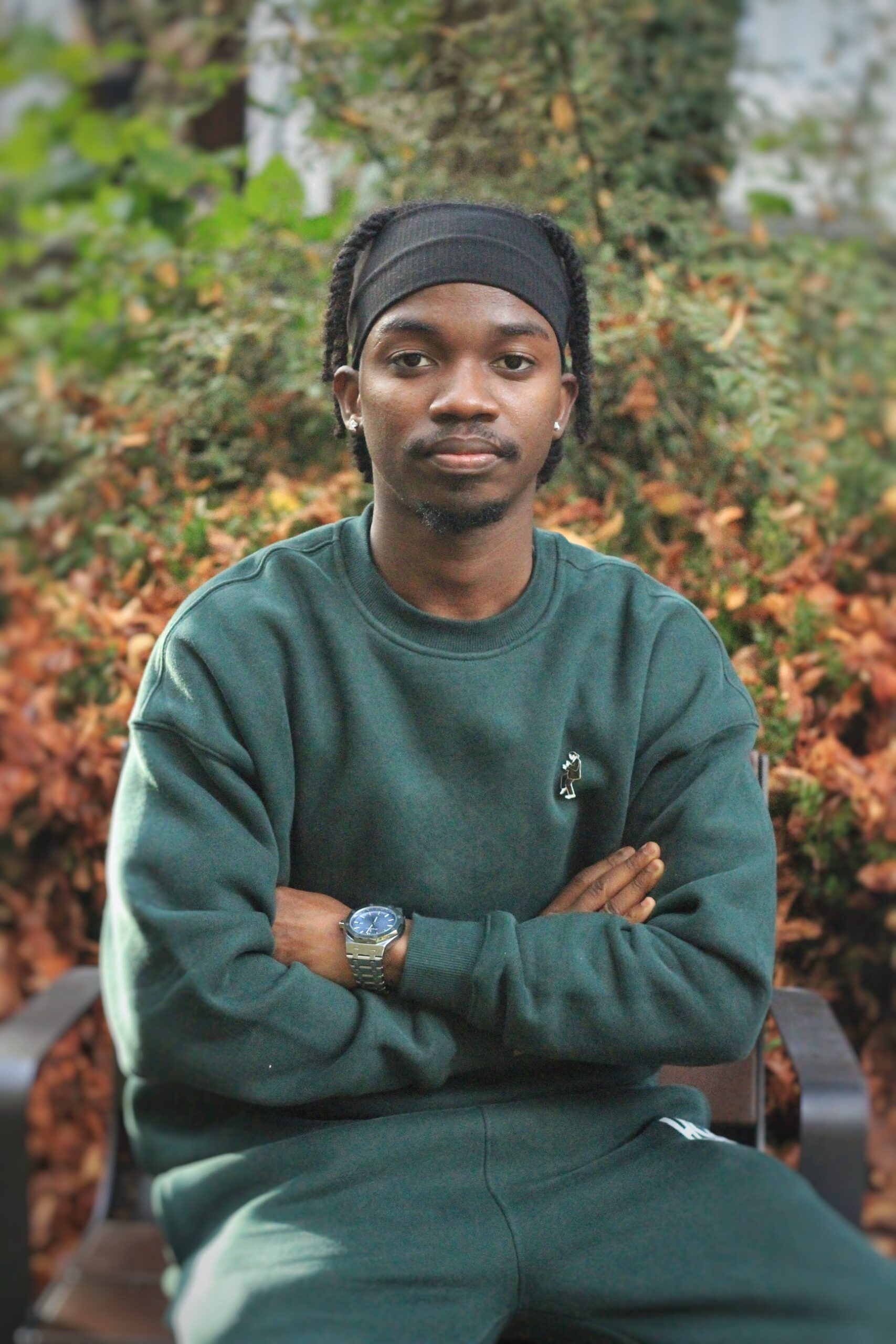
If I were asked, what’s the highlight of Adedotun’s journey? I would probably mention the interview with Lanre because it’s really the starting point for where you are now. But if you could look back, what moment from your journey so far seals the point where you said to yourself, “This is what I’m made for”?
It was different moments, but let me put it this way. There was a moment when I knew that my real journey would be working in the industry and discovering emerging artists. It was a content piece that we started, Trace Mint.
It was during a transitional period in the industry. We had guys like Davido and Wizkid — the big cats, as we call them now — and at the same time, new artists were beginning to emerge. But they didn’t have platforms. We were also looking for content that could get people interested and push us as a global organisation. The idea struck that if everyone was focusing on the big artists, giving them airplay, promotion, and everything else, why not focus on the emerging artists? Give them something so that when they look back in their careers, they can say, “Oh, Trace did this for me.”
So we highlighted emerging artists like Oxlade, Fireboy DML, Joeboy, Zlatan, Buju (now BNXN), and I developed personal relationships with them through that. King Perryy too, and TG Omori as well. I was TG’s publicist for about a year and a half. I did a lot of publicity for him, helping to break him out after he shot the “Am I Yahoo Boy?” video.
We then started Trace Sessions to highlight these emerging artists. Instead of Trace Live, which focused on big artists, we created Trace Sessions, using live music experiences, pre-recorded performances, and fresh formats to captivate audiences while showcasing new talent. That was where I met Mohbad before he died, in 2022. A very great talent. I met so many others then. After the first season of Trace Sessions, I realised I could be very useful in the industry, not just working in it, but actively highlighting these guys and making sure they had platforms to reference.
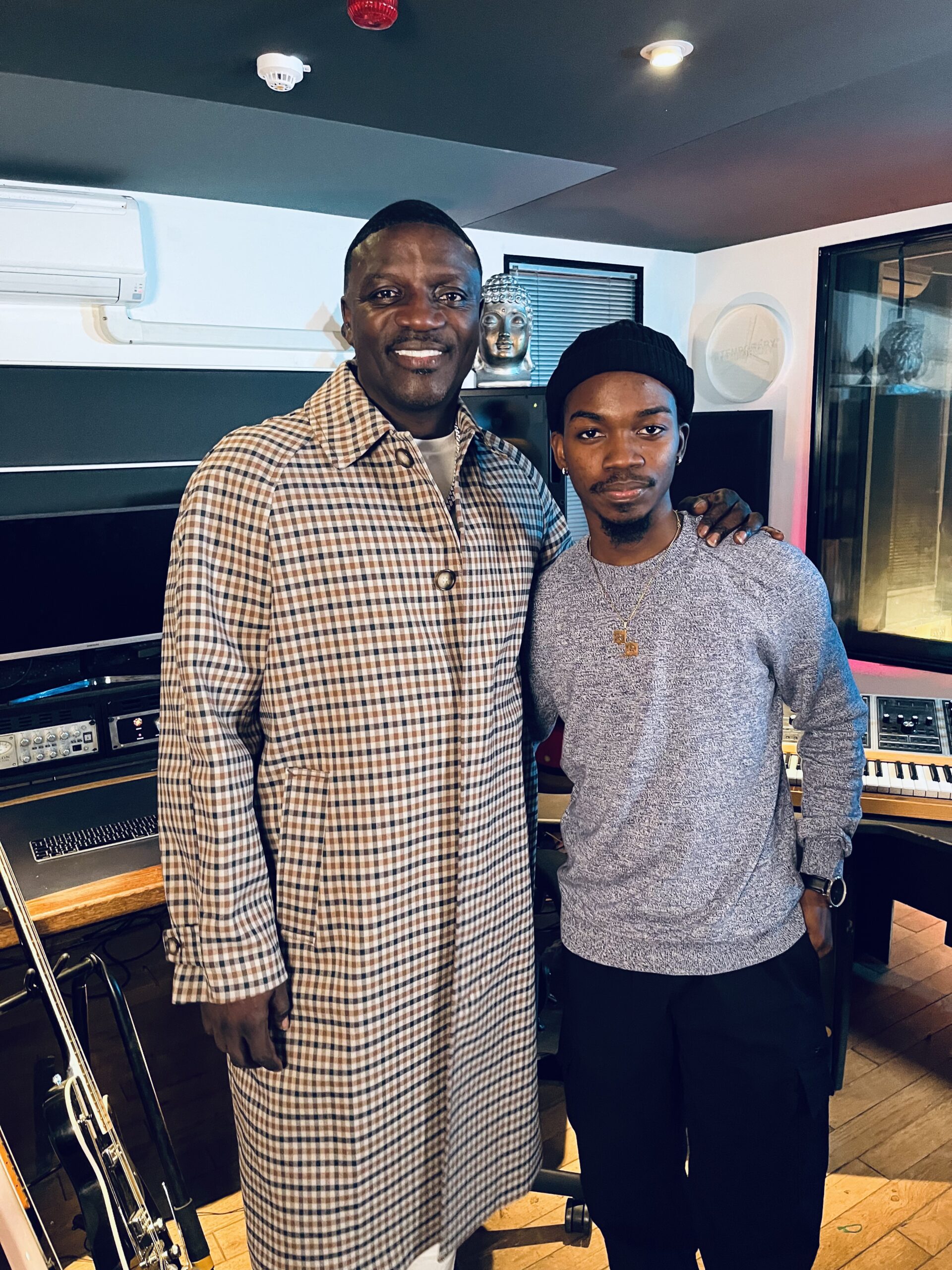
So, how have you continued this since moving to the UK?
In 2023, the aim for me was simple: come here, do my MBA, and return to Nigeria. But when I got here, I realised that a lot of diaspora artists I met needed some sort of identity. I’m talking about children of first-generation immigrants who have moved here. They had talent, making music and creating, but with the way Afrobeats has grown so fast, they lacked that direct identity and connection to home, to countries in sub-Saharan Africa. Because of that, we founded Lemon Vinyl. The key thing was to focus on emerging artists within this diaspora and platformise them.
Considering everything you’ve done, what is the absolute goal for you right now?
I think the goal for me right now is to provide as much value and cultural identity for the African diaspora. With Lemon Vinyl, that transpires to the music that we’re creating with talents over here, and the culturally niche events that we’re doing.


